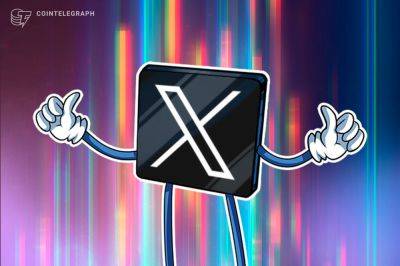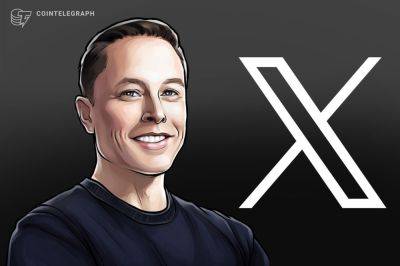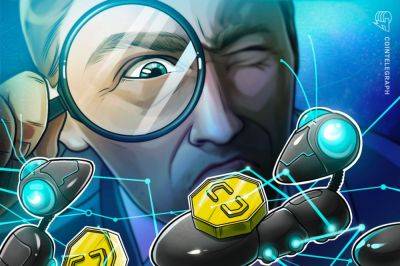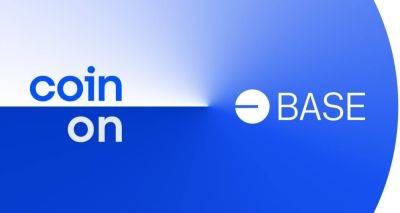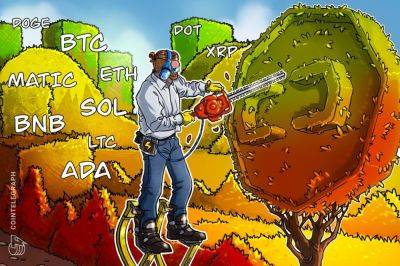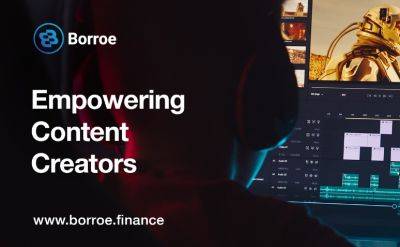DeFi needs to be secure, stable and accessible for all. Here’s how
True decentralization is something that many crypto projects strive for, but the result is often too complicated for everyday users to rely on. So, what’s the solution?
The high-profile failures of big industry players — namely the cryptocurrency exchange FTX — exposed just how centralized the crypto space has become. Former FTX CEO Sam Bankman-Fried now faces a flurry of criminal charges amid allegations that his decision-making directly affected the exchange’s collapse.
While true decentralization has been touted as crucial for unlocking this nascent market’s potential, some protocols that meet this requirement are simply too complicated to use. Poor interfaces and convoluted mechanisms mean customers are at a higher risk of making costly mistakes or even losing their funds altogether. It’s little wonder that a recent CoinShares survey of asset managers (which drew 51 responses from investors who manage $900 billion worth of funds) cited custody as one of the biggest hurdles when adding crypto to portfolios.
There are also practicalities to consider. In the old-fashioned world of fiat, it’s common for consumers to have just one bank account — a single destination where funds flow in and out. However, in the fragmented and diverse crypto ecosystem complete with hundreds of platforms and thousands of altcoins, investors can lose count of how many logins they have. This adds friction and slows down the process of managing one’s finances.
Super apps, which allow users to perform a dizzying array of tasks in one place, have taken China by storm. The likes of WeChat bring everything from payments to gaming under app, with millions of third-party applications for users. It’s little wonder that Elon Musk has been hoping to emulate
Read more on cointelegraph.com


